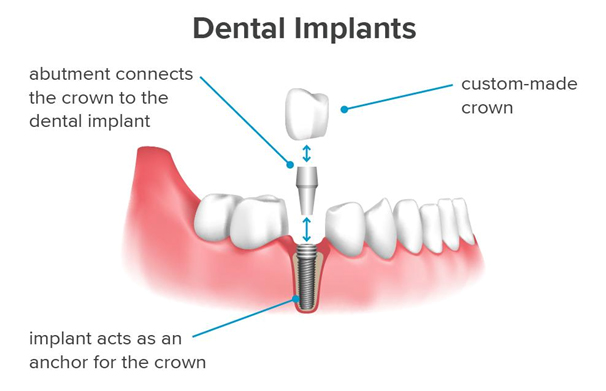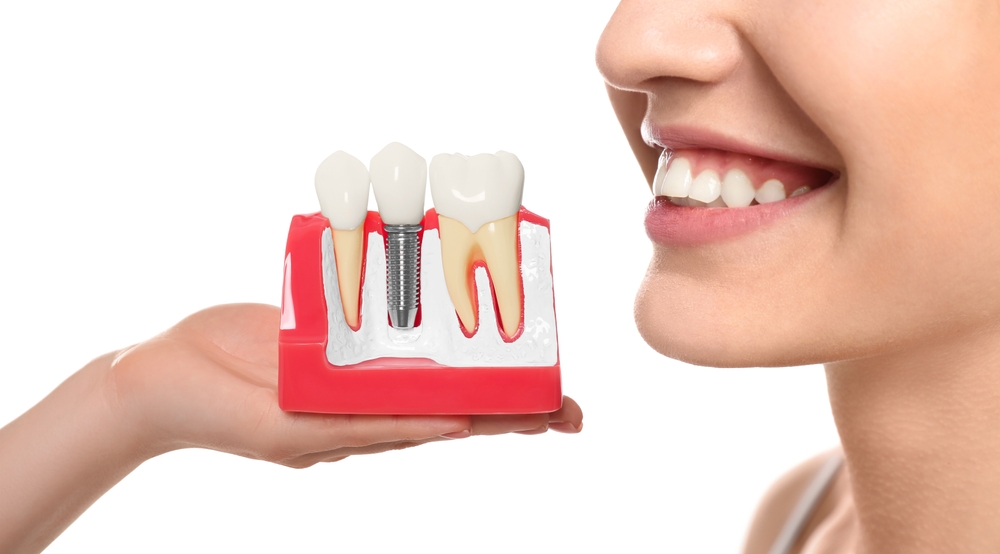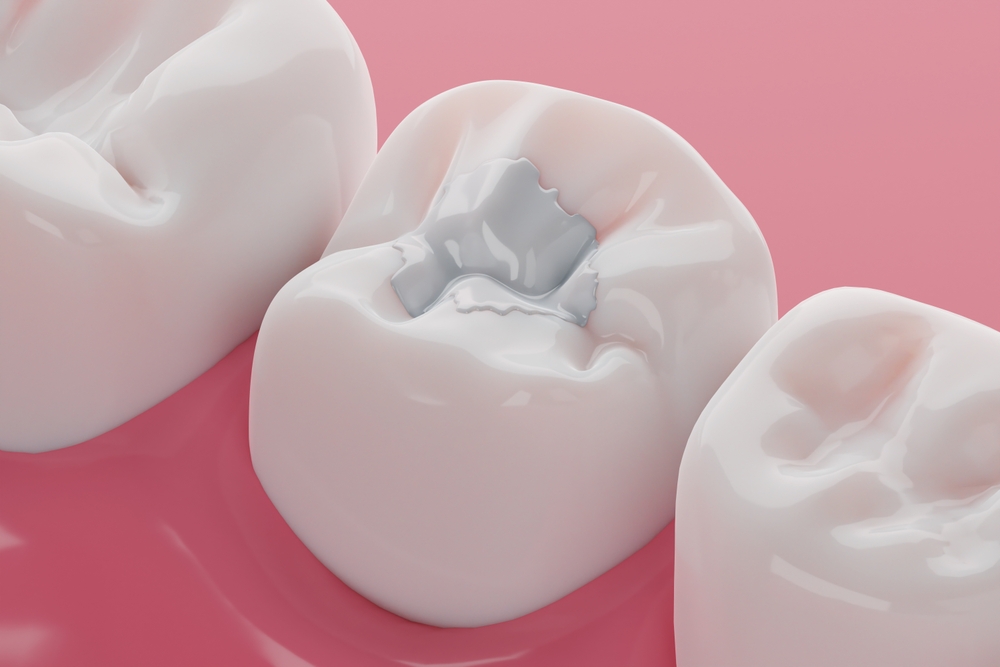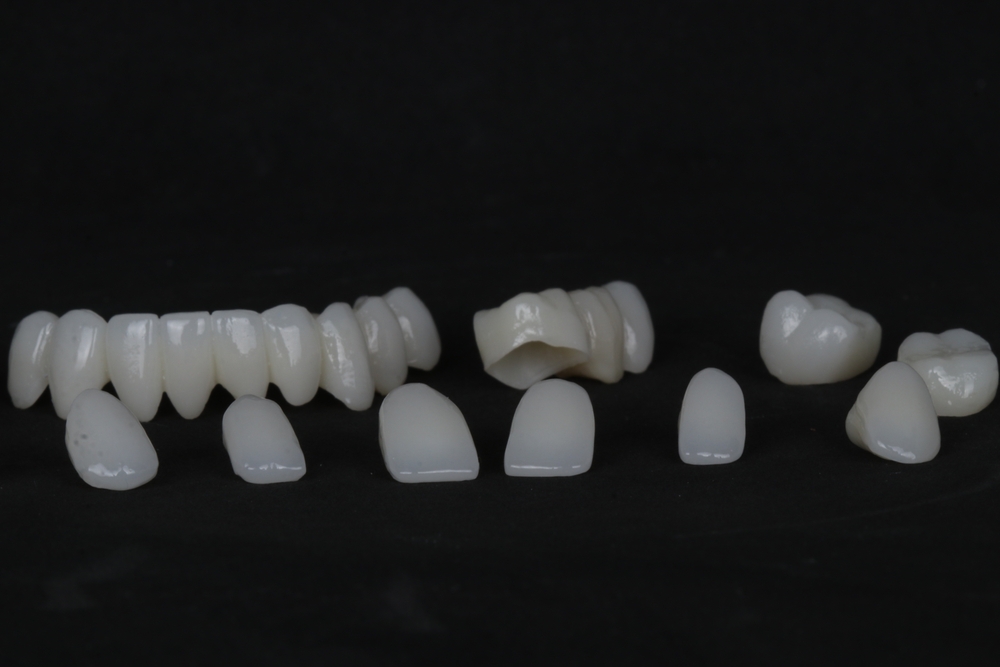Dental implants are a key to the restoration of your smile. If you are looking for dental implants in Etobicoke, it is helpful to learn the procedure and what you can anticipate every step of the way.
Dental implants are the most permanent, most natural option for missing teeth, but it is a procedure that demands preparation, patience, and quality care.
Why Work with a Dentist Near You?
It is important to see a dentist near you when it comes to getting dental implants. You will likely have to attend multiple appointments, follow-ups, and check-ins.
If you go with a dentist locally, the convenience will help you. They are most likely familiar with local dental labs and imaging labs, which will help improve the efficiency of the process.
Having a dentist nearby means you can easily reach out if you have questions, discomfort, or need adjustments made. Most importantly, if you need any urgent care after having surgery, a dentist down the street is more convenient.
How To Select an Experienced Dentist?
While selecting a dentist in Etobicoke, ensure there is experience with dental implant surgery. An experienced dentist will assess your oral conditions, inform you of your choices, and create a custom treatment plan.
What to look for:
- State-of-the-art technology (specifically digital imaging)
- Reviews or patient testimonials
- Clean, professional, and serene surroundings
Trust and communication are the ticket to your implant process, so feel free to ask questions prior to committing.
What Are the Steps in Dental Implant Placement?
The steps in dental implant placement usually follow this order:
- Consultation & X-rays – Your dentist checks your mouth, takes scans, and plans the procedure.
- Tooth Extraction (if needed) – Any damaged teeth are removed first.
- Bone Grafting (if needed) – If your jawbone isn’t strong enough, bone is added to support the implant.
- Implant Placement – A small titanium post is placed into your jawbone.
- Healing & Osseointegration – The implant fuses with the bone, which takes a few months.
- Abutment Placement – A connector is added to hold the new tooth.
- Crown Placement – A custom-made crown is attached, completing your smile.
Do You Need Bone Grafting for Implant Support?
Bone grafting for implant support may be needed if your jawbone has shrunk due to tooth loss, injury, or gum disease. The graft helps rebuild the bone so it can support the implant properly.
Types of bone grafts:
- Minor grafts – Done at the time of implant placement
- Major grafts – Done months in advance
- Your dentist will decide if this step is necessary by reviewing your X-rays and digital scans.
What Is the Healing Timeline for Dental Implants?
The healing timeline for dental implants depends on your case, but here’s a general outline:
- Week 1–2: Swelling, mild pain, and healing of gum tissue
- Month 1–3: Bone begins to grow around the implant (osseointegration)
- Month 3–6: Full fusion with the jawbone; ready for abutment and crown
If bone grafting is done, healing may take longer. The key is to follow your dentist’s instructions closely.
Who Is a Candidate for Dental Implants?
Most adults with good general health and healthy gums can qualify. However, you may need additional steps if you:
- Smoke regularly
- Have uncontrolled diabetes
- Have low bone density
- Are under 18 (jawbone not fully developed)
Your dentist will assess your situation and let you know if implants are safe and effective for you.
How Does Digital Imaging Help the Dental Implant Process?
The dental implant process using digital imaging helps your dentist plan everything more precisely. These tools show the shape, size, and density of your jawbone in 3D. That means:
- Better accuracy
- Shorter surgery times
- Fewer complications
Digital imaging also helps your dentist design the crown to match your other teeth for a natural look.
Your Implant Journey with Kailash Dentistry
Getting dental implants is a long-term investment in your health and confidence. From the consultation to the crown, every step is important. Knowing what to expect, like healing times, possible bone grafts, and the role of digital tools, can help you feel more prepared.
At Kailash Dentistry, we’re here to guide you through the process with care and expertise. Whether you’re just exploring your options or ready to begin, our team is happy to answer all your questions.
Ready to rebuild your smile? Book your consultation with our team today.
FAQs
- Are dental implants painful?
Most people feel only mild discomfort during and after the procedure. Your dentist will use local anesthesia, and over-the-counter pain medicine usually helps with recovery.
- How long does it take to get a dental implant from start to finish?
It can take 3 to 6 months, depending on healing time, bone grafting needs, and how your body responds to the implant.
- Can anyone get dental implants?
Most adults can. Your dentist will check your gum health, jawbone strength, and medical history to make sure implants are right for you.
- How long do dental implants last?
With good care, dental implants can last 15 years or more. Brushing, flossing, and regular dental visits are important.






